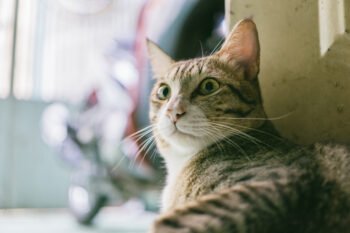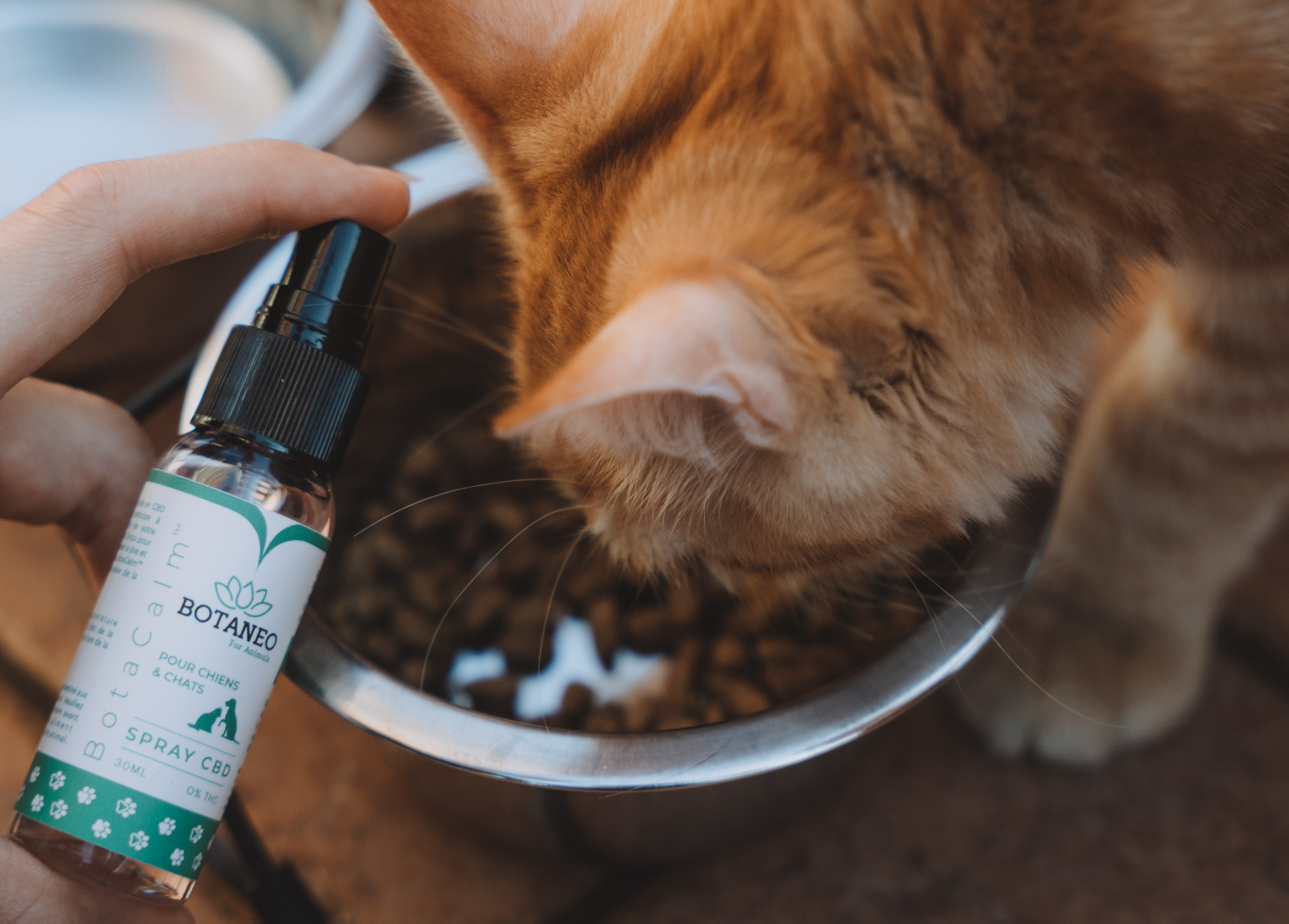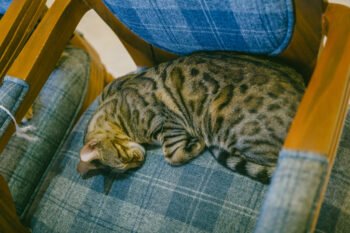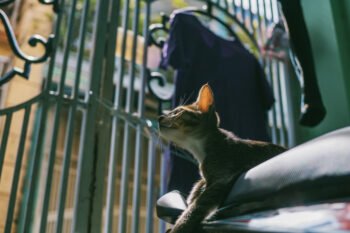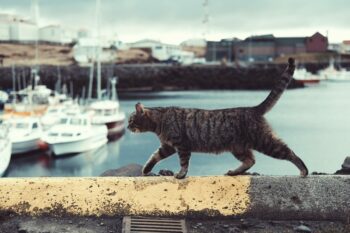Kelly Vorhauer, a fitness instructor in Atlanta, Ga., didn’t think twice about the thumping noise coming from her clothes dryer. She had put in a pair of men’s denim overalls, so she dismissed it as just the wet, heavy fabric swirling around inside. It wasn’t, though.
The thrashing sound was Vorhauer’s orange and white cat, Simba, which had hopped inside the warm dryer while Vorhauer folded clothes in another room. Her husband Paul wound up rescuing Simba because of his curiosity over the annoying noise. After spending four days in a veterinary emergency hospital, the shaken cat pulled through, to the couple’s amazement. “There’s no doubt in my mind I should have lost him,” says Vorhauer, who couldn’t bring herself to use the dryer again for more than a year. “I am absolutely blessed that he didn’t die.”
While mishaps like Simba’s are rare, our homes are filled with all kinds of hazards. Luckily, you can prevent many problems from occurring by simply being aware of potential dangers and taking appropriate steps to protect your cat. Here are a few common, yet potentially deadly, household items and products that cause big trouble for our curious feline chums.
Plants
Certain plant species are deadly to cats but perhaps none more so than lilies. Nibbling on the leaf or flower of Easter, stargazer or tiger lilies — all popular flowers included in bouquets — is enough to induce kidney failure in felines, says Steven Hansen, a board-certified veterinary toxicologist who manages the ASPCA’s Animal Poison Control Center in Urbana, Ill. Don’t be afraid to beautify your home with greenery, though. Just make sure it’s the nontoxic kind. A list of safe, as well as dangerous, plants is on the ASPCA Web site.
Cleaning Supplies
Pick your cleaning products wisely. Chemicals that disinfect, or those that remove lime and scale from showers and tubs, tend to be much more harmful than mild soap-based cleaners, says Dr. Hansen. If your cat licks an area sprayed with one of these caustic substances, it can burn its tongue. As a result, your kitty may stop eating and drinking for several days, which, in turn, may lead to liver-related problems, says Dr. Hansen. If a significant quantity is swallowed, it can be outright toxic. When cleaning the bathroom or another area with strong chemicals, shut the door to prevent your pet from entering. If you spill cleaning solution on the floor, wipe it up immediately.
Electric Cords
Cord chewing is a year-round hazard, occasionally resulting in burned mouths. Worse yet, in some cats, electric shock triggers fluid buildup in the lungs, called pulmonary edema, a condition that’s fatal if not treated immediately, says Drew Weigner, DVM, a board-certified feline specialist in Atlanta, Ga. If your feline has a fetish for electrical cords, encase the cords in sturdy protective tubing. One such product is the Critter Cord, a transparent, flexible cover infused with a citrus scent that the company says deters chewing. Bitter sprays are also available to go over cord protectors.
Small Objects
Ingestion of items like bottle caps, coins, thread and dental floss are all too common in felines and may cause intestinal blockages, says Dr. Weigner. String is a particular hazard, he says, because it can cut through the intestine, causing an infection of the abdominal lining that’s usually fatal in cats. Common sense prevails, however. Be vigilant about putting away small objects and keeping them out of your cat’s reach.
Prescription Drugs
Pill vials quickly turn into toys for felines, which love batting them around. But if they pop open, your cat might eat the contents inside. Some human drugs are toxic to animals, so keep medication off counter tops and securely stored in a cabinet or drawer. If your feline is also on medication, avoid mix-ups by keeping the vials in separate places. Most veterinary hospitals use odd-colored bottles with different labels than human pharmacies do to prevent such mishaps.
Kittens Need Extra Monitoring
All cat owners should be aware of potential household dangers, but kitten owners in particular need to be extra careful, says Dr. Weigner. Because kittens love to explore, and usually get themselves into trouble, he recommends keeping kitties under six months of age confined to one room with food, water and a litter box when you are not at home.
In general, the best way to keep cats out of harm’s way is to treat them like you would a small child, he says. “By taking the same types of precautions you would with toddlers, you’re going to go a long way in taking good care of your cats and keeping them safe.”

